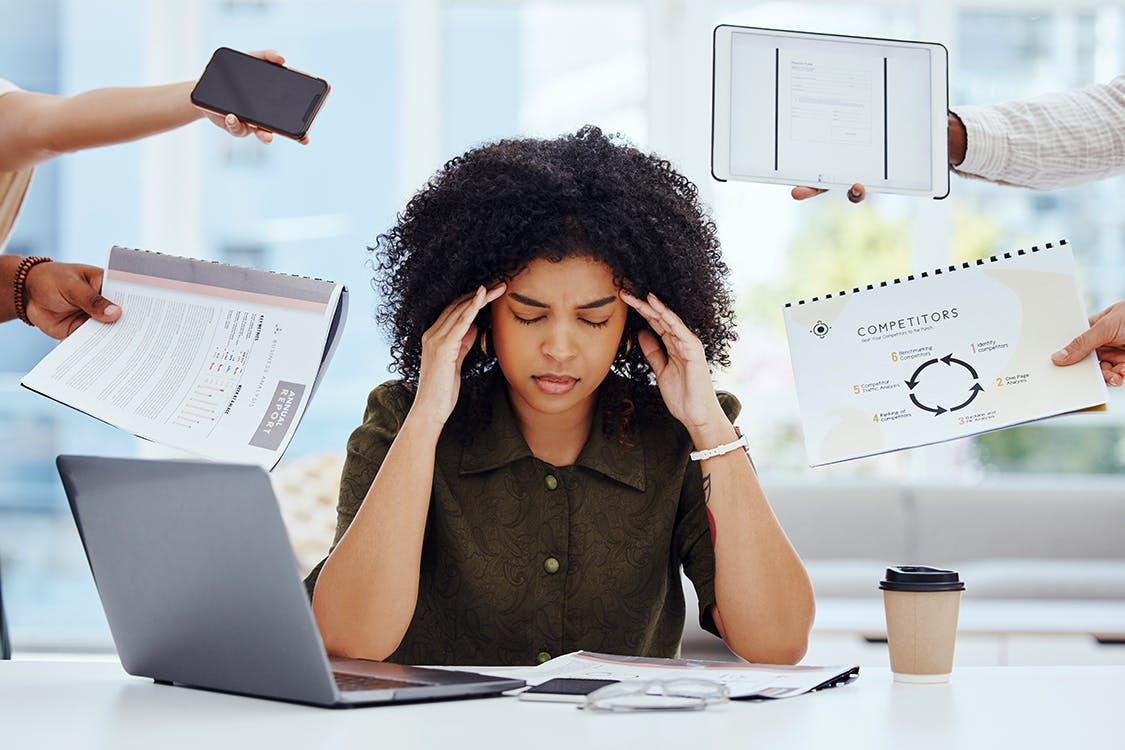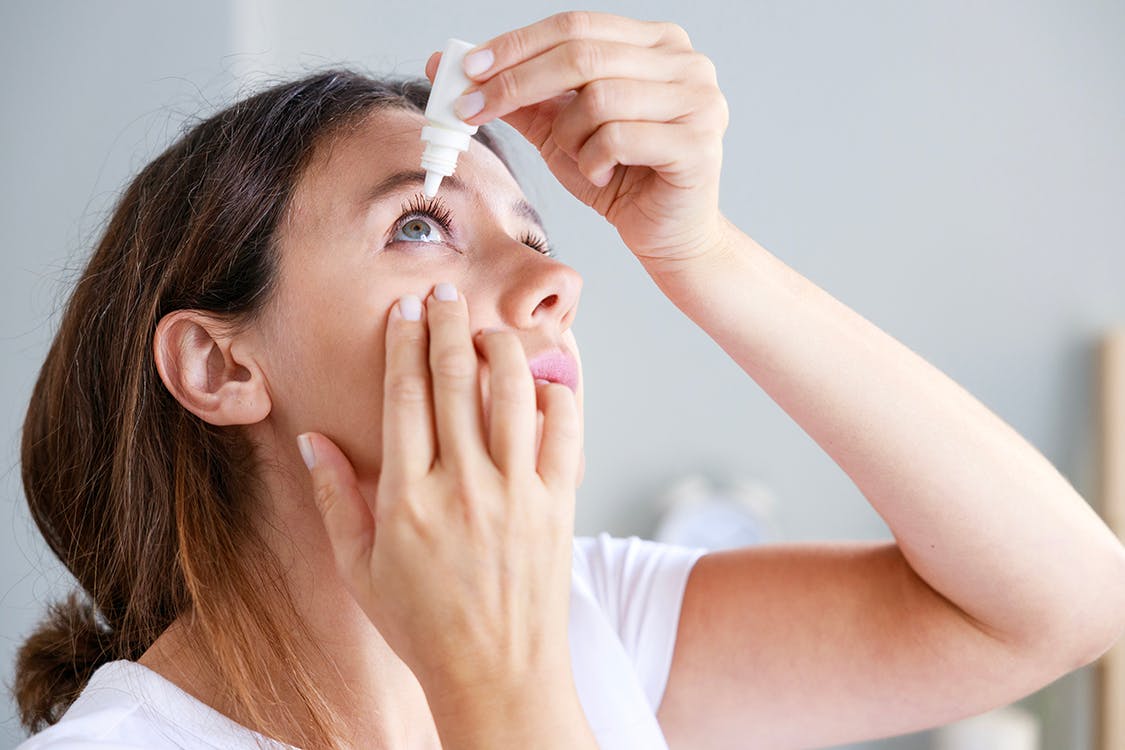If you’ve ever experienced an eye twitch, you know just how irritating it can be. While usually not dangerous, it can seemingly appear out of nowhere, sometimes last for weeks, and then disappear just as suddenly, leaving you scratching your head about its origin.
In a video posted on May 23, Dr. Julian Prosa (@drjulianprosa), an optometrist and dry eye specialist, shared the most common causes of mykomia and tips on how to prevent it.
Caffeine

Dr. Prosa explains that one of the most common causes of muscle spasms is excessive caffeine consumption. “Caffeine will stimulate the muscles to start to twitch, and that can lead to that really irritating twitch of the eyelid,” he notes in the video.
Caffeine can also negatively affect your sleep, which can be a compounding factor when trying to eliminate eye twitching.
So, if you’re a fan of multiple cups of coffee or energy drinks throughout the day, it might be time to cut back or look for some decaf alternatives.
Stress

For Dr. Prosa, stress is another significant factor. When you’re stressed, your body goes into overdrive, affecting various muscles, including those around your eyes.
According to the American Institute of Stress, “Stress impacts your visual capabilities in different ways, and some of the tell-a-tale signs are dry eyes, double vision, eye strain, blurred vision, eye twitching and double vision.”
Finding ways to manage and reduce stress through activities like exercise, meditation, or a change in diet can help keep those issues at bay.
Lack of sleep

A good night’s sleep is essential for overall health and has various health benefits. Sleep is essential for cell and muscle recovery, and without adequate rest, your eyes can become fatigued, and, you guessed it, start twitching.
According to EyeHealth Northwest, “Studies have shown that the eye needs at least five hours of sleep per night to properly replenish. Without enough time to revive themselves, your eyes cannot work at their full potential.”
Too much time on the computer

It’s no secret that excessive screen time negatively affects your eyes. Spending too much time on the computer or other digital devices can cause eye strain and fatigue, leading to twitching.
Despite that, the average American reportedly spends nearly 60 hours per week looking at a combination of digital devices, like computers, phones and TV screens.
That’s why ophthalmologists recommend taking regular breaks using the 20-20-20 rule: every 20 minutes, look at something 20 feet away for at least 20 seconds. This can help reduce eye strain and prevent twitching.
Tonic water as a remedy

For a simple home remedy, Dr. Prosa suggests trying tonic water. “Try drinking tonic water. Tonic water has something called quinine in it, and it is a natural muscle relaxant that could potentially help with the twitching of the eyelid.”
In the comments section of the video, several users attested to its effectiveness. One of them wrote, “Drink tonic water, the quinine will almost always calm it down.”
“I drink tonic water….. quinine in [it] helps,” another commenter remarked.
Eye drops

For those dealing with dry eyes, which can also cause twitching, Dr. Prosa recommends eye drops, specifically Thealoz Duo.
He concludes, “Thealoz Duo is great because it contains Trehalose which helps reduce an inflammatory response in the eye. On top of that, if you throw them in the refrigerator, that cooling sensation may help stop that twitching.”
Commenters shared their own experiences and remedies, with one saying, “I grew up being told to eat a banana when this happens.”
“I asked my doctor about this and she said I was dehydrated and needed to drink more water,” a second added.
The Daily Dot has reached out to Dr. Julian Prosia via email for comment.
The internet is chaotic—but we’ll break it down for you in one daily email. Sign up for the Daily Dot’s web_crawlr newsletter here to get the best (and worst) of the internet straight into your inbox.


